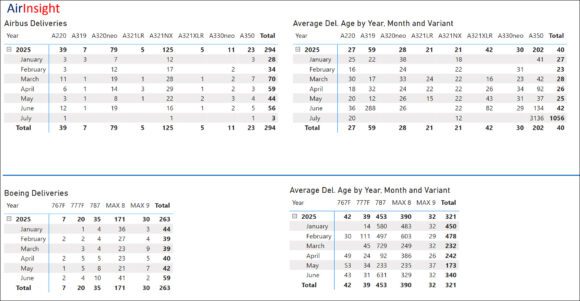
263904503 4206365219468943 3306585732245833125 n
UPDATE – Embraer subsidiary EVE Air Mobility has captured another piece of market share in the competitive but yet to be confirmed urban air mobility (UAM) market. On December 4 and 6, it announced partnerships with two Australian helicopter and aircraft operators, Nautilus Aviation and Sydney Seaplanes. EVE adds another partnership to its growing eVTOL network.
The two companies will jointly develop the UAM market in Queensland. For this, Nautilus has ordered ten EVE aircraft for delivery from 2026, the year the electric eVTOL vehicles are to be available. Nautilus, which is a division of Morris Group, plans to offer scenic tours with the EVE to tourists over the Great Barrier Reef. The electric vehicles will replace helicopters, thereby helping to reach net-zero emissions for all of Nautilus’ activities in 2030.
The partnership with Nautilus follows an earlier announcement in September with Microflite, another helicopter operator that is active in and around Melbourne. Using helicopters as a proof of concept to validate eVTOL operations, later on, Microflite will then switch to the EVE in 2026. The Australian company has been involved in the concept of operations for eVTOLs since 2019.
On December 6, EVE announced another partnership, this time with Sydney Seaplanes for taxi operations in Greater Sydney. As part of the agreement, Sydney Seaplanes has ordered fifty EVE’s.
Partnership across the world
While the first EVE has yet to fly, the Brazilian company has actively expanded its market share by announcing partnerships all over the world. In November, it announced an MoU with Norwegian airline Wideroe to develop concepts of eVTOL operations in Scandinavia.
In October, EVE signed an agreement with Avantto in Brazil with the same purpose, which followed a partnership with Flapper to develop the market in Latin America, notably Brazil. The agreement with Avantto also includes an order for 100 aircraft. In June, Helisul announced the purchase of fifty EVE’s that will also be used for services in Brazil and Latin America.
Using helicopters, EVE has started UAM simulation flights in early November in Brazil between Barra da Tijuca and Tom Jobin International Airport in Rio de Janeiro. The flights are part of a framework agreement announced in August with regulator ANAC to assess the existing infrastructure and needs for air traffic management to secure safe operations.
UK company Bristow Group signed an MoU in September to assist EVE in getting its Air Operator’s Certificate, while at the same time ordering 100 EVE’s for delivery from 2026. That same month, Helipass in France signed a collaboration agreement to use the EVE for 50.000 flight hours in France and elsewhere in Europe.
EVE won a big order for 200 aircraft from Halo in June, securing its position as launch partner of the type in the US and the UK.
To develop the UAM market in the Asia Pacific, EVE has teamed up in August with Ascent Flights Global, which plans to use the electric vehicles for 100.000 flight hours in Bangkok, Manila, Singapore, Tokyo, and also Australia. This will require the deployment of up to 100 EVE’s in this region.
In Africa, EVE signed an agreement with Kenya Airways to develop the UAM market in Africa.
As EVE adds another partnership to its growing eVTOL network, it has now won 795 orders and commitments since it was officially launched as an independent company in October 2020, having been part of the EmbraerX market accelerator program since 2017.
Yabora integrated again within Embraer
In separate news on Embraer, the airframer reported in an SEC filing on November 30 that an extraordinary shareholders meeting has approved the integration of its subsidiary Yabora Industria Aeronautica within Embraer on January 1, 2022. This follows Board approval in October.
Yabora was founded as a separate entity of Embraer Commercial Aviation and was supposed to form the basis for the joint-venture with Boeing Commercial Airplanes that was announced in June 2018, in which Boeing would hold eighty percent of the share capital and Embraer twenty percent. The JV was meant to integrate Embraer’s commercial aircraft business with that of Boeing, but the US airframer unexpectedly and unilaterally terminated the agreement in April 2020. During its recent Q3 results presentation, Embraer said that it is still seeking arbitration. The case could continue potentially for another two years.
Views: 0



